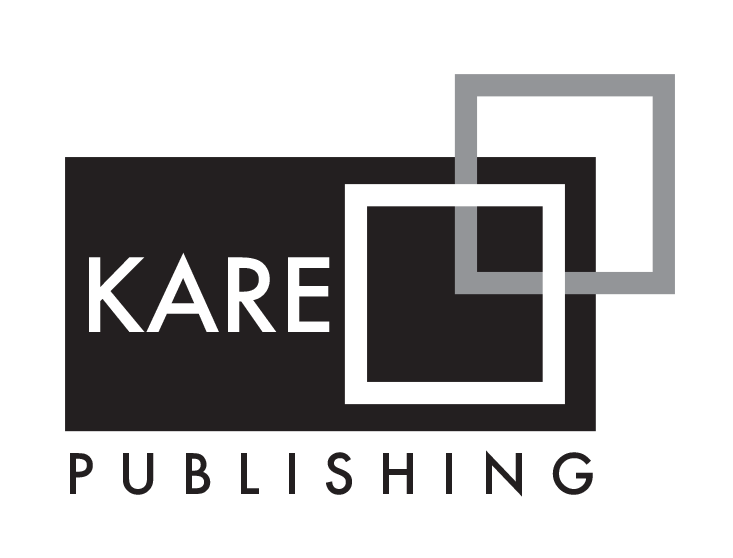2Department of Gastroenterology, Ankara University Faculty of Medicine, Ankara, Türkiye
Abstract
The treatment of Crohn’s Disease (CD) depends on factors such as disease location, phenotype, severity, complications, and associated risks. The primary goals are to achieve remission, maintain remission, and promote long-term mucosal healing. For mild-to-moderate CD, treatment options include 5-ASA compounds, corticosteroids, and antibiotics. Mesalamine and sulfasalazine are effective for patients with colonic or ileocolonic involvement but are not effective for isolated ileal disease. Corticosteroids are commonly used to manage acute attacks and serve as a bridge to other therapies. Although metronidazole and ciprofloxacin are not superior to placebo for active luminal disease, they may be beneficial for managing disease complications. Moderate-to-severe CD requires a more aggressive approach. Corticosteroids are prescribed for short-term use but carry significant risks. Immunomodulators, such as thiopurines and methotrexate, are typically used for long-term maintenance. Biological therapies, including anti-TNF agents, anti-integrins, and IL-12/23-targeted therapies, have proven effective for both the induction and maintenance of remission. Emerging therapies, such as upadacitinib and risankizumab, show promise for patients with prior biologic exposure and those who have failed conventional treatments. In severe cases, treatment may involve parenteral corticosteroids or anti-TNF agents. Ultimately, treatment decisions should be tailored to the patient based on disease characteristics and individual response to therapy.

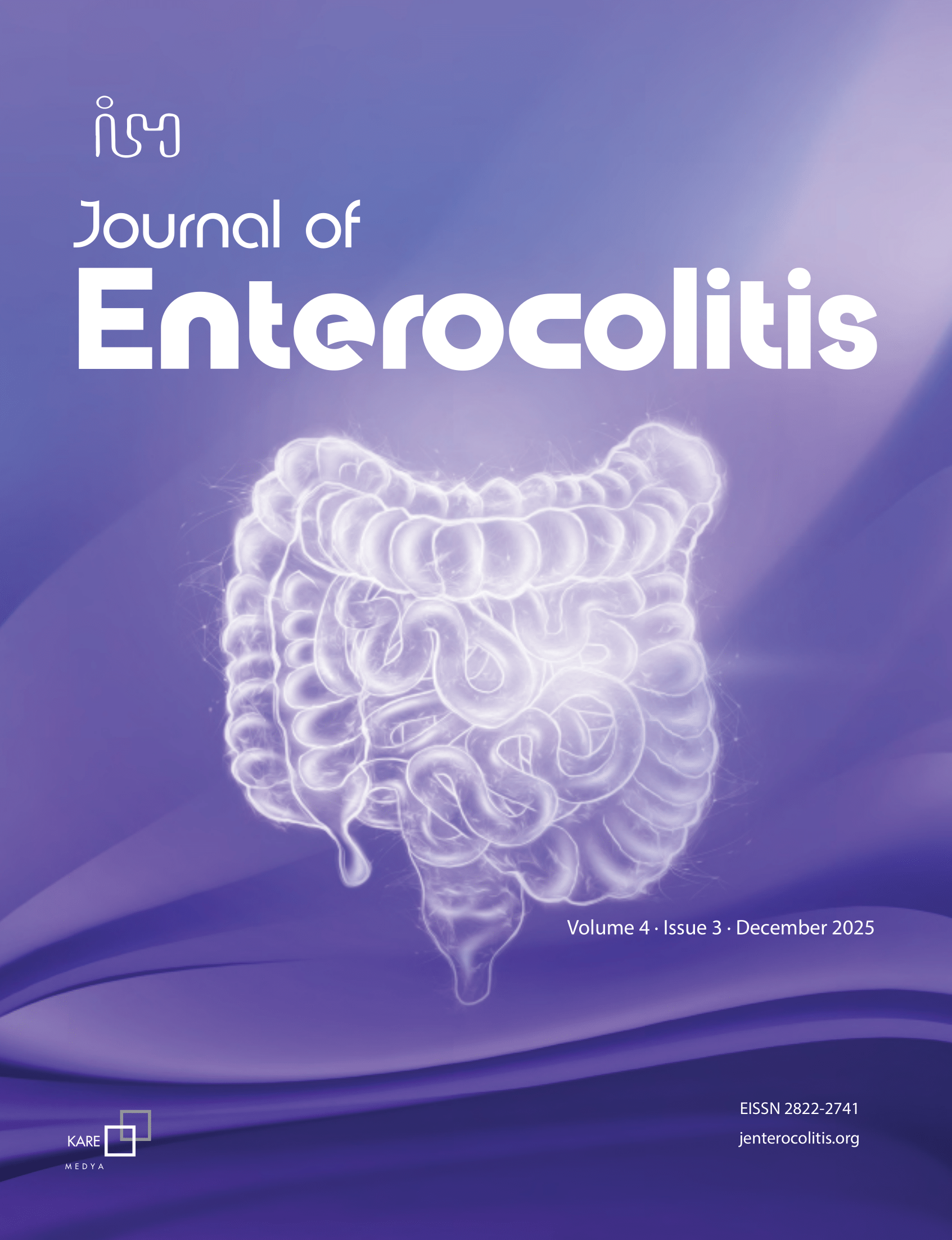
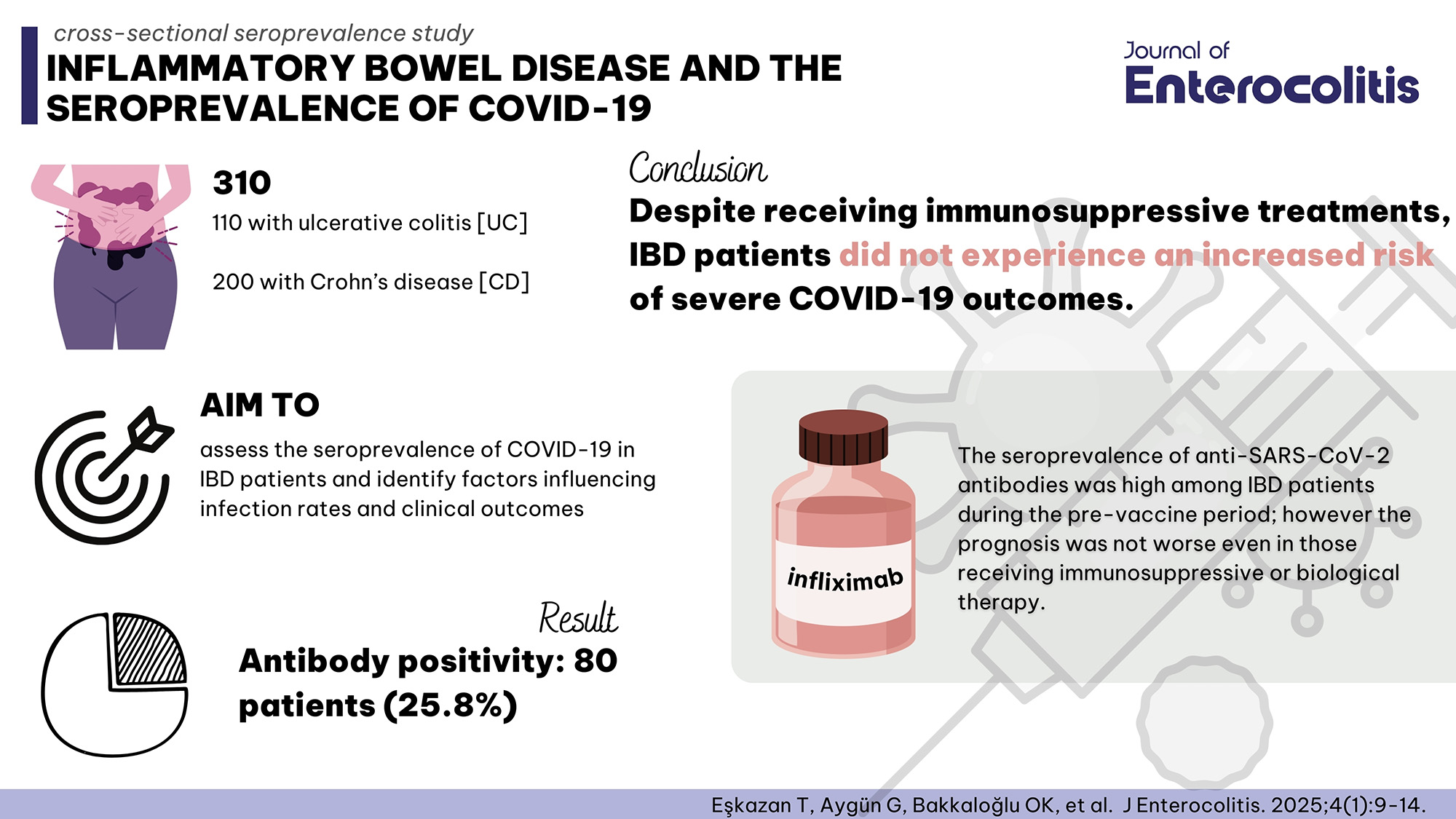
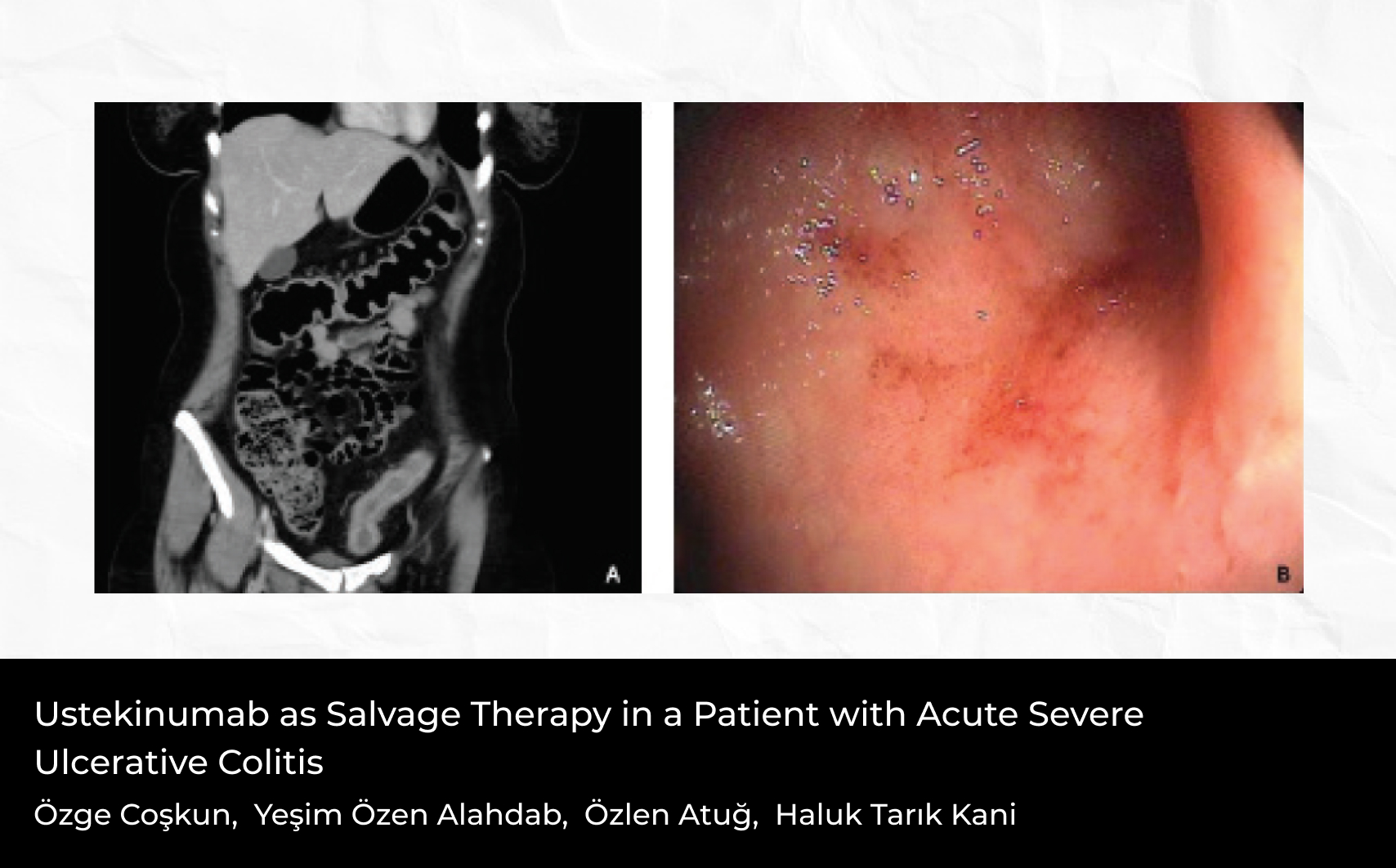
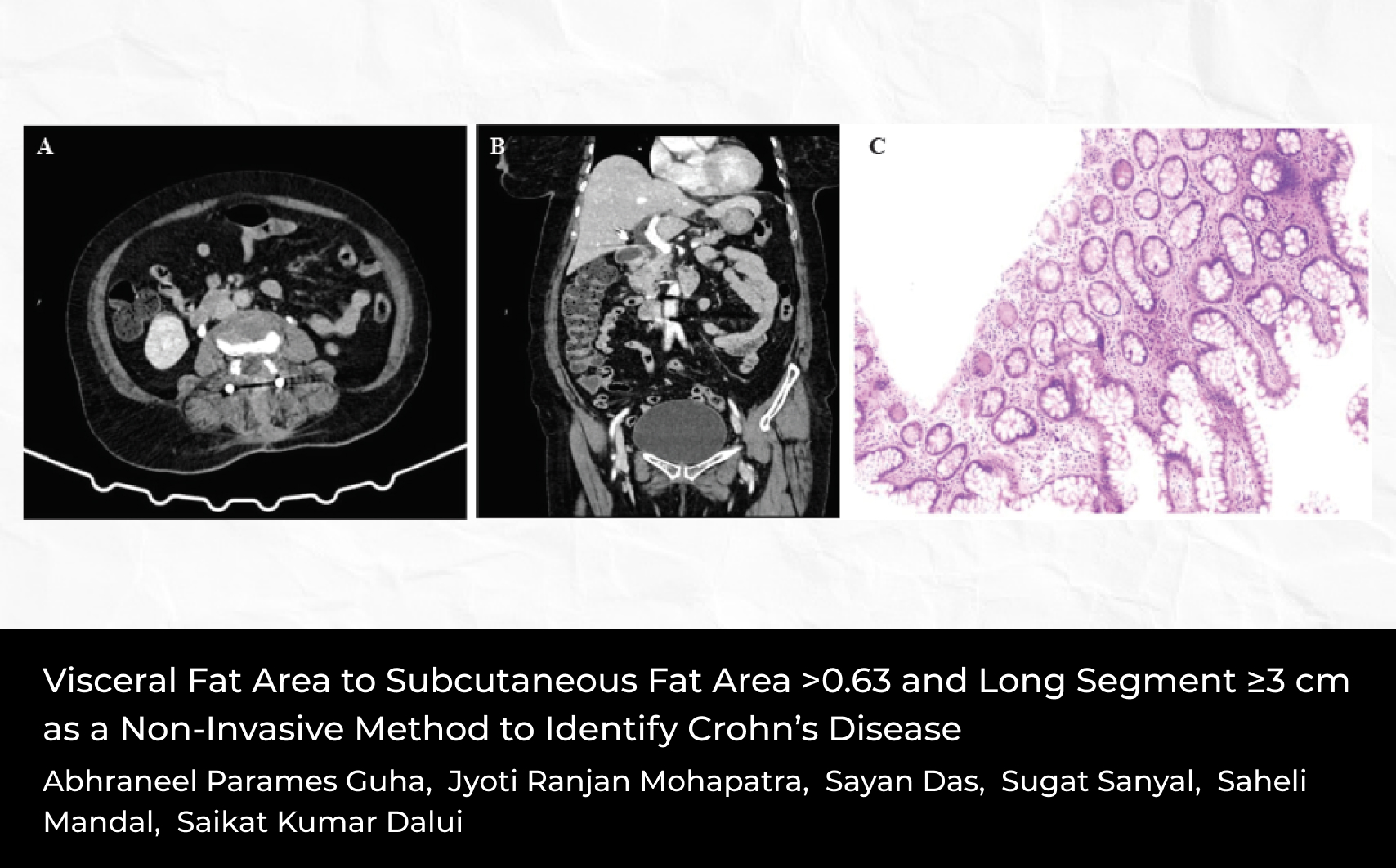
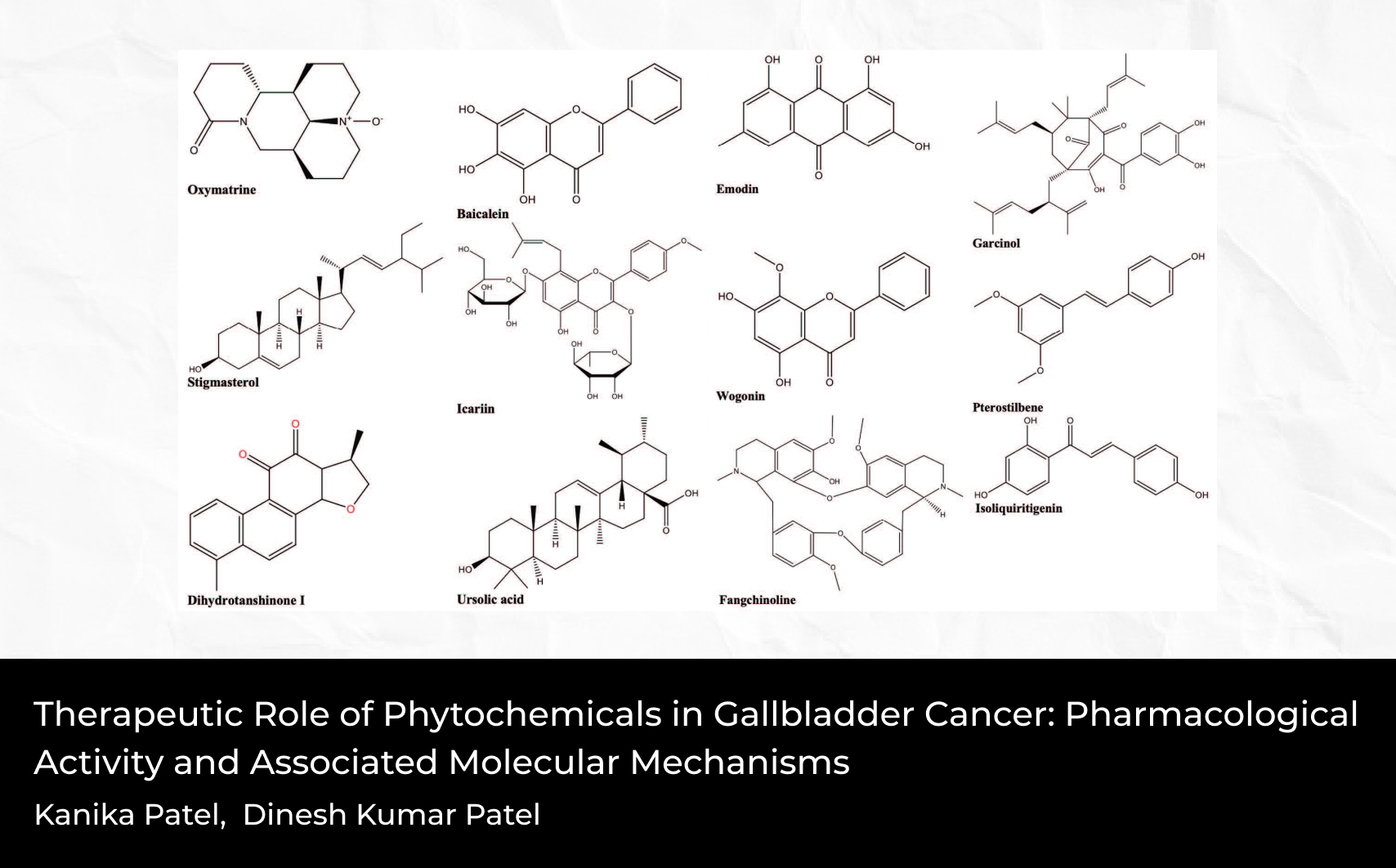
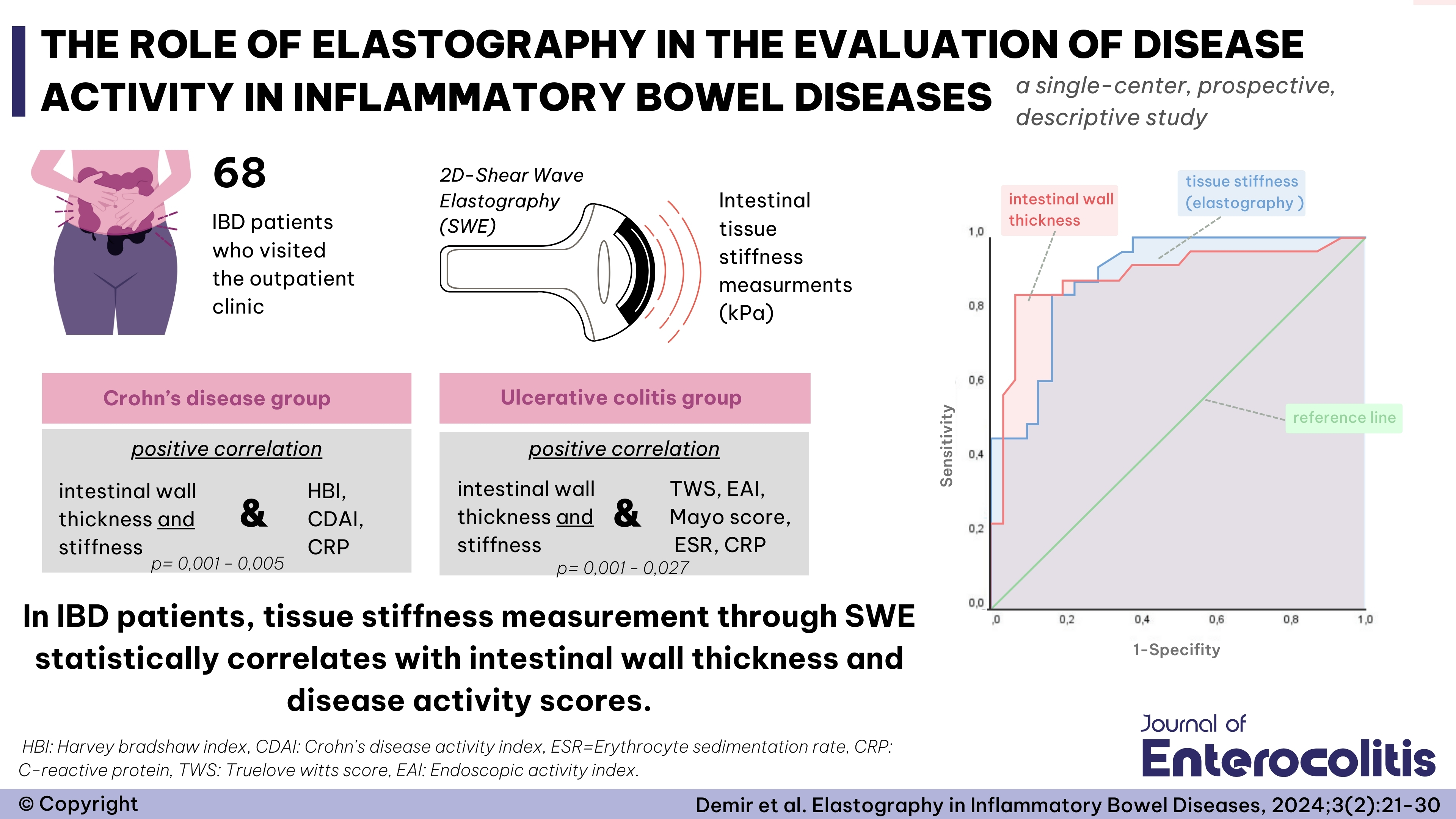
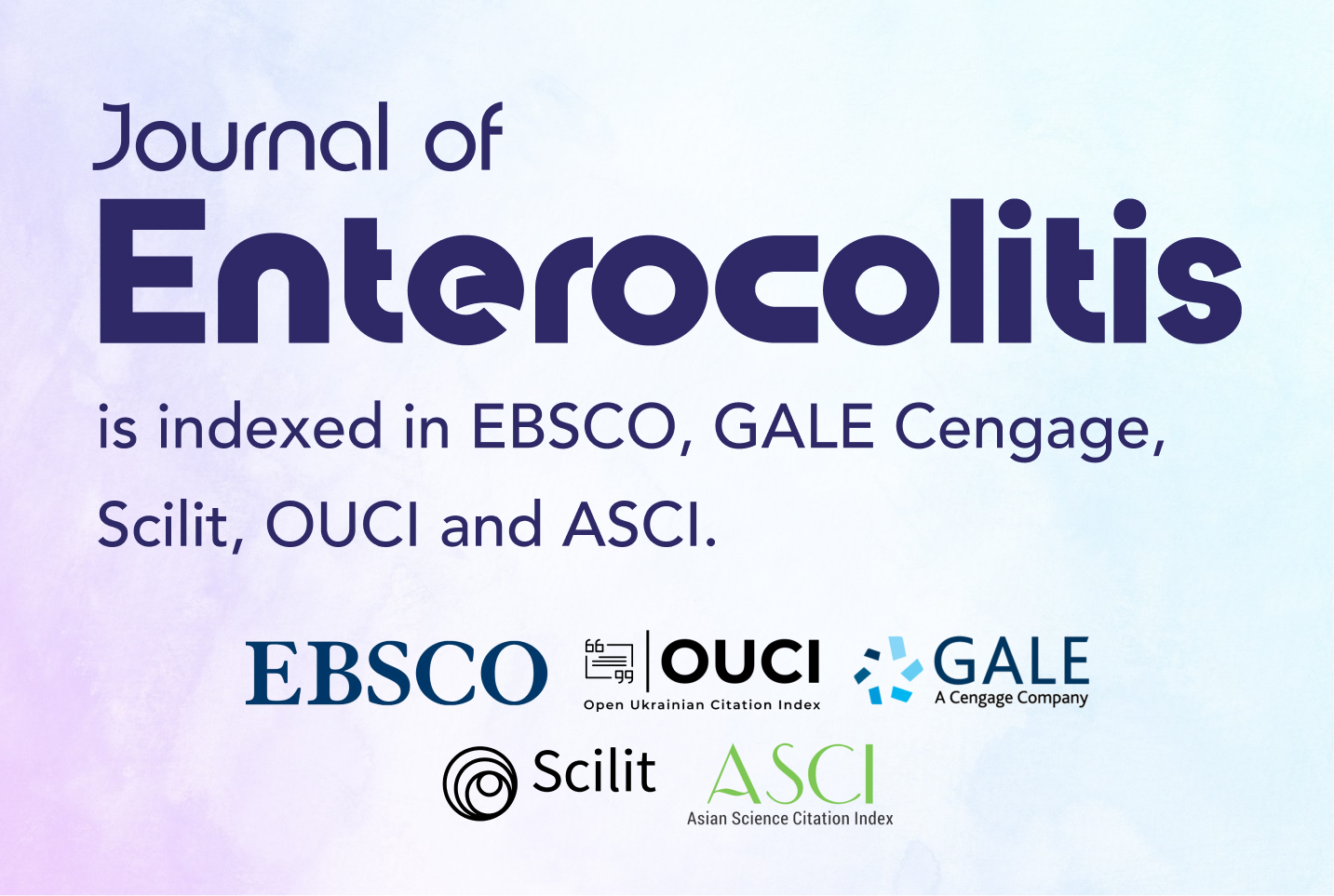
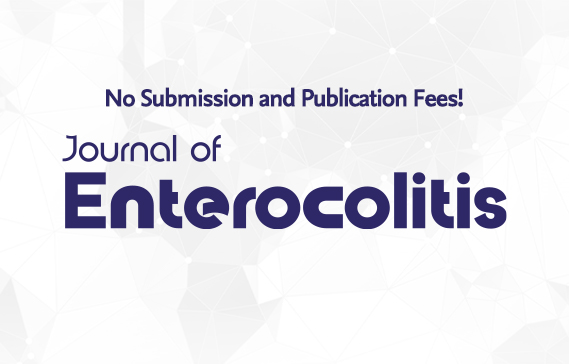
 Pelin Telli1
Pelin Telli1 






